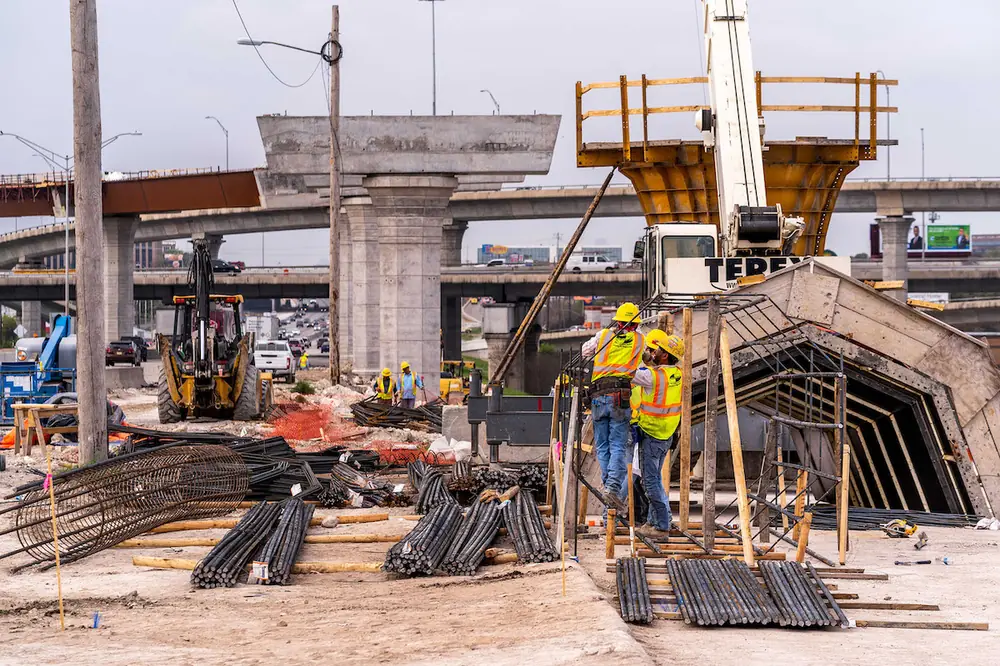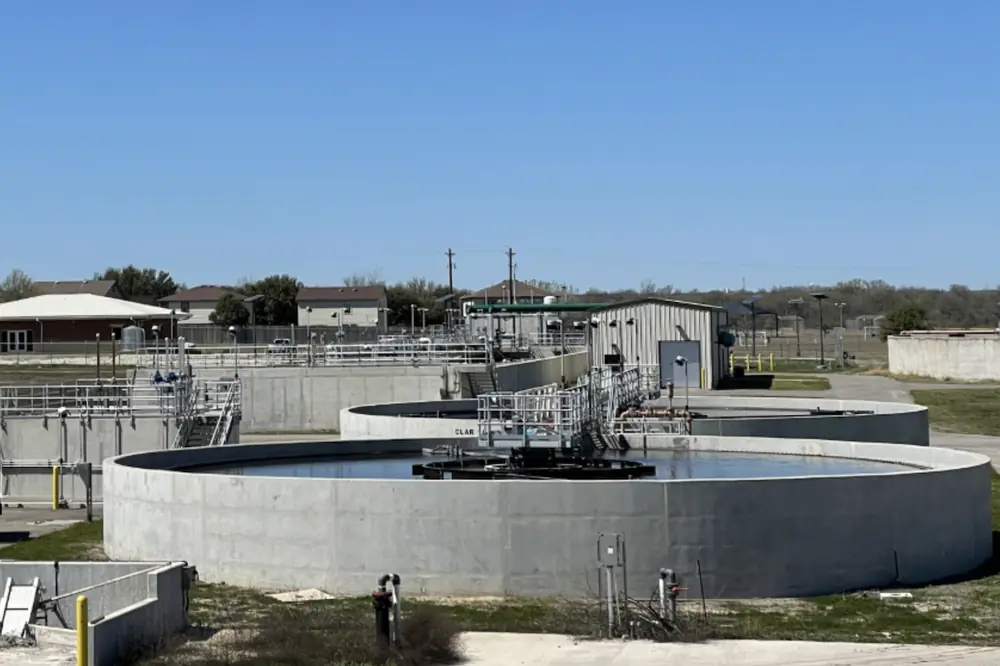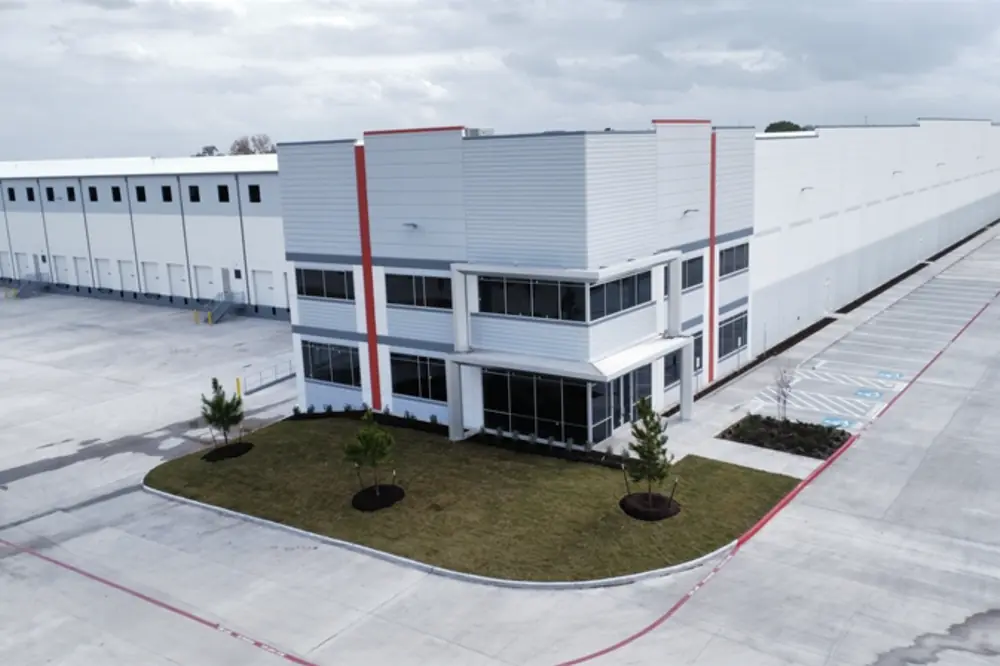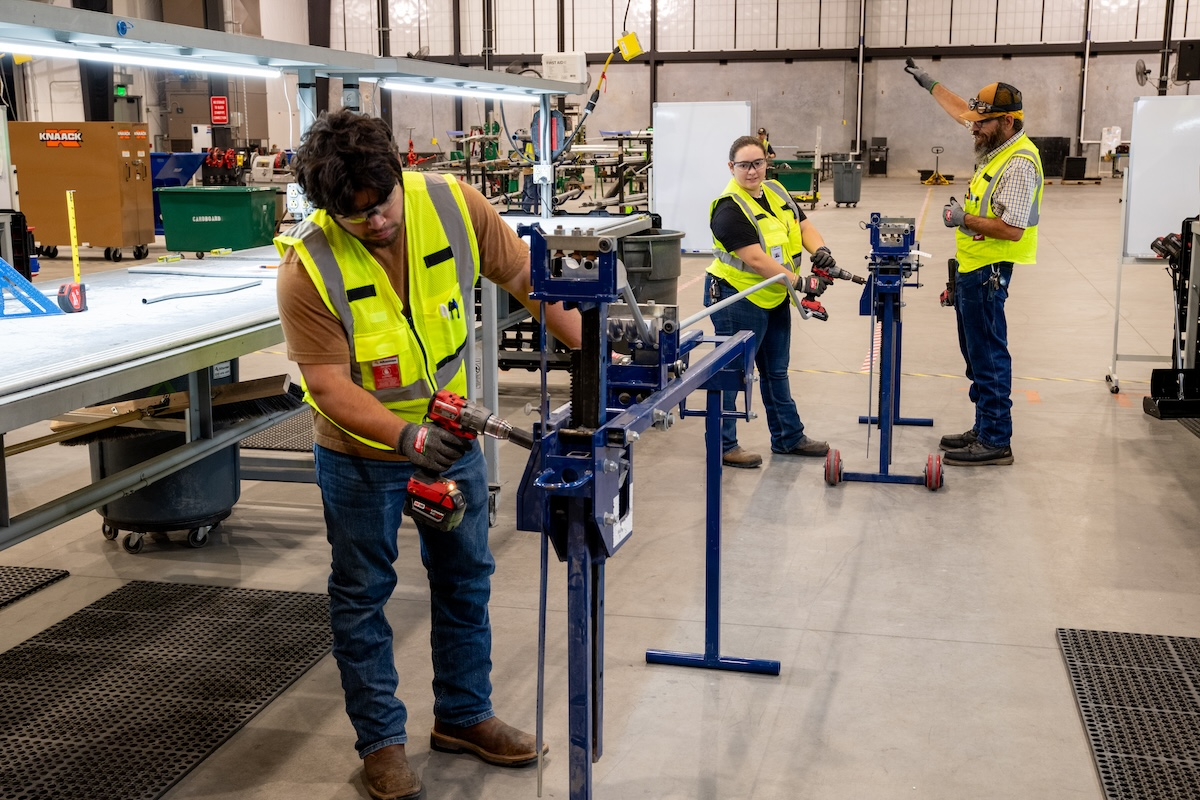Imagine a project with NTP on January 1 and a 365-day deadline for substantial completion. The contractor plans the work and reasonably determines that it can complete on October 31. Its initial schedule shows this plan.
All goes well until April 1st, when owner action (or inaction) delays critical path work for a month. On May 1, the contractor resumes critical path work. Its next schedule update reflects that delay and shows completion on November 30. The work moves forward and the contractor achieves substantial completion on November 30.
The contractor meets all notice requirements and files a 30-day delay claim. The contractor wants to be reimbursed for its claim. The owner expresses surprise and points out that the contractor actually completed early. The owner’s position is that there is no claim. Who is right?
The answer is the contractor is right. Case law universally supports the contractor, but with key conditions.

| Your local LeeBoy dealer |
|---|
| ASCO Equipment |
| Closner Equipment Co Inc |
| Romco Equipment Co |
| ASCO Equipment |
| Closner Equipment Co Inc |
| Romco Equipment Co |
The 365-day period in our example is just a time limit. The contractor need not work for the full year – it controls the means and methods. It can finish early.
But did we mention that there were conditions?
Courts have adopted a three-part test to determine reasonability. The contractor must show that it (1) intended to finish the work early, (2) was capable of meeting that goal, and (3) actually would have finished early, but for the owner’s conduct.
The first requirement speaks to the importance of notifying the owner of the intended completion date (i.e., by putting the completion date in the schedule). A cautious schedule with lengthened work durations won’t support a claim in our case. Submission of our hypothetical 10-month schedule might suffice as notice to the owner on its own. But it wouldn’t hurt to discuss the early completion plan with the owner and document that notice.
The second requirement can be met by having a schedule with an early completion date that the contractor could have met. This will depend heavily on the contractor’s schedule and the reasonableness of task durations. Some courts have held that owner acceptance of a schedule is prima facie evidence of reasonableness, but we would recommend having an independent expert review the plan, its logic, and the contractor’s history with the required tasks.
You could call the suggestions for requirements one and two of a discussion with the owner and review of the schedule by an expert as the belt and suspenders approach.
The third condition is not a new requirement – the contractor still carries the burden to show that the owner’s conduct caused the delay.
The lesson to be learned here is that, if a contractor intends to complete the work prior to the substantial completion deadline, it should expressly communicate that to the owner. Its schedule should reflect that early completion date. The contractor should also communicate that intent to its subcontractors when the subcontract is entered.
Let’s end with two closing thoughts. First, the substantial completion deadline in the contract is just that, a deadline. It is not a requirement. A completion deadline of December 31 does not require the contractor to be on the project for the full year. Absent any other contract provisions, the contractor controls the means and methods of construction. If the contractor’s means and methods allow it to finish two months early, that is the contractor’s prerogative. The owner cannot use the contractor’s means and methods to attempt to insulate itself from its harmful conduct. And, assuming that the contract provides for delay damages for owner-caused delay, the contractor can claim costs for that delay. As a Pennsylvania Federal Court opinion observed, “Costs due to delay are no less damaging merely because they occur fortuitously before a contract deadline rather than after.”
Second, this is not a new problem. Significant common law on this issue dates back to the 1970’s. The issue has been settled both in the federal contracts arena and in state courts. Although we don’t have any Texas appellate opinions on point, it seems likely that a Texas court would follow the rule of law established uniformly in other jurisdictions. But the contract language is critical. Common law in Texas states that parties can agree to, and courts will enforce, any contract as long as the contract meets the requirements of contract formation and is not illegal or against public policy. We’ve seen clauses barring any damages for delay. And clauses barring damages for delay if the contractor achieves substantial completion before the substantial completion deadline. Keep your eye out for such language, among all the other provisions in your contracts.






































































